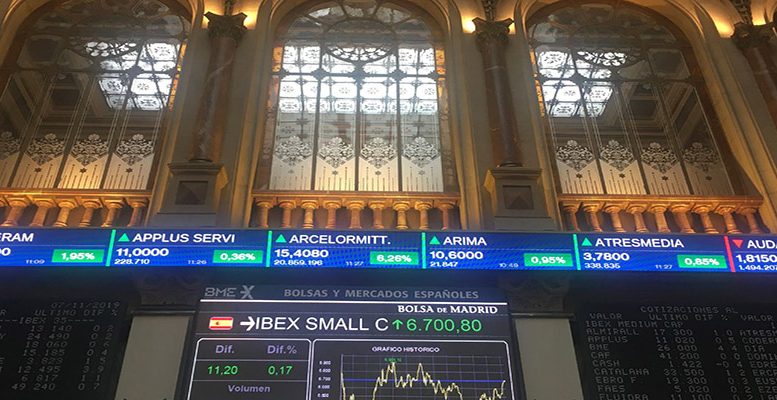Spain reinforces the shielding of companies considered strategic in the wake of the coronavirus with new legislation on foreign investment. In March 2020, in the wake of the pandemic, the government launched the so-called anti-takeover shield to provide a kind of golden share in the acquisition of large companies by non-EU companies. This measure, which has been permanent since then, is now being developed through a royal decree approved on Tuesday by the Council of Ministers that specifies the catalogue of sectors subject to authorisation for entry into Spain and reduces the resolution periods by half, from six to three months. However, administrative silence at the end of the three months is interpreted as negative and contrary to the operation.
The regulation, published this Wednesday in the Official State Gazette and which will come into force on September 1, is independent of another, also approved as a result of Covid, which affects investments in Spain by EU countries and which, in this case, is valid for a temporary period, until 2024. Thus, the new royal decree maintains the need to obtain prior administrative authorisation for direct investments in Spain by residents of third countries – including collective investment institutions and occupational pension funds from the European Union or the European Free Trade Association – that invest 10% or more of their capital in a Spanish company in what are commonly known as strategic sectors. This control does not include increases in the shareholding of foreign shareholders who already hold more than 10% of a company and increase their shareholding without gaining control.
The areas of application remain the same as before – energy, transport, water, health, communications, media, data processing or storage, aerospace, defence, electoral or financial, artificial intelligence, robotics or microchips – but some exemptions have been added to the original standard. In this sense, one of the most limited sectors is the energy sector by exempting from prior authorisation those purchases that do not affect a company’s regulated business.
When the foreign investment involves the purchase of electricity production facilities, as could be the case, for example, of the entry of a non-EU company in a wind or photovoltaic farm in this country, authorisation will only be required if it exceeds 5% of the installed power quota of a specific technology.
The approval of this regulation was necessary in order to adapt Spanish regulations to EU regulations following the entry into operation of the EU investment control regulation in October 2020, which establishes a framework for mechanisms to control foreign investments from outside the EU in member states for reasons of security and public order, according to sources from the Ministry of Industry, Trade and Tourism.





